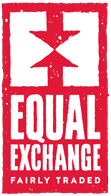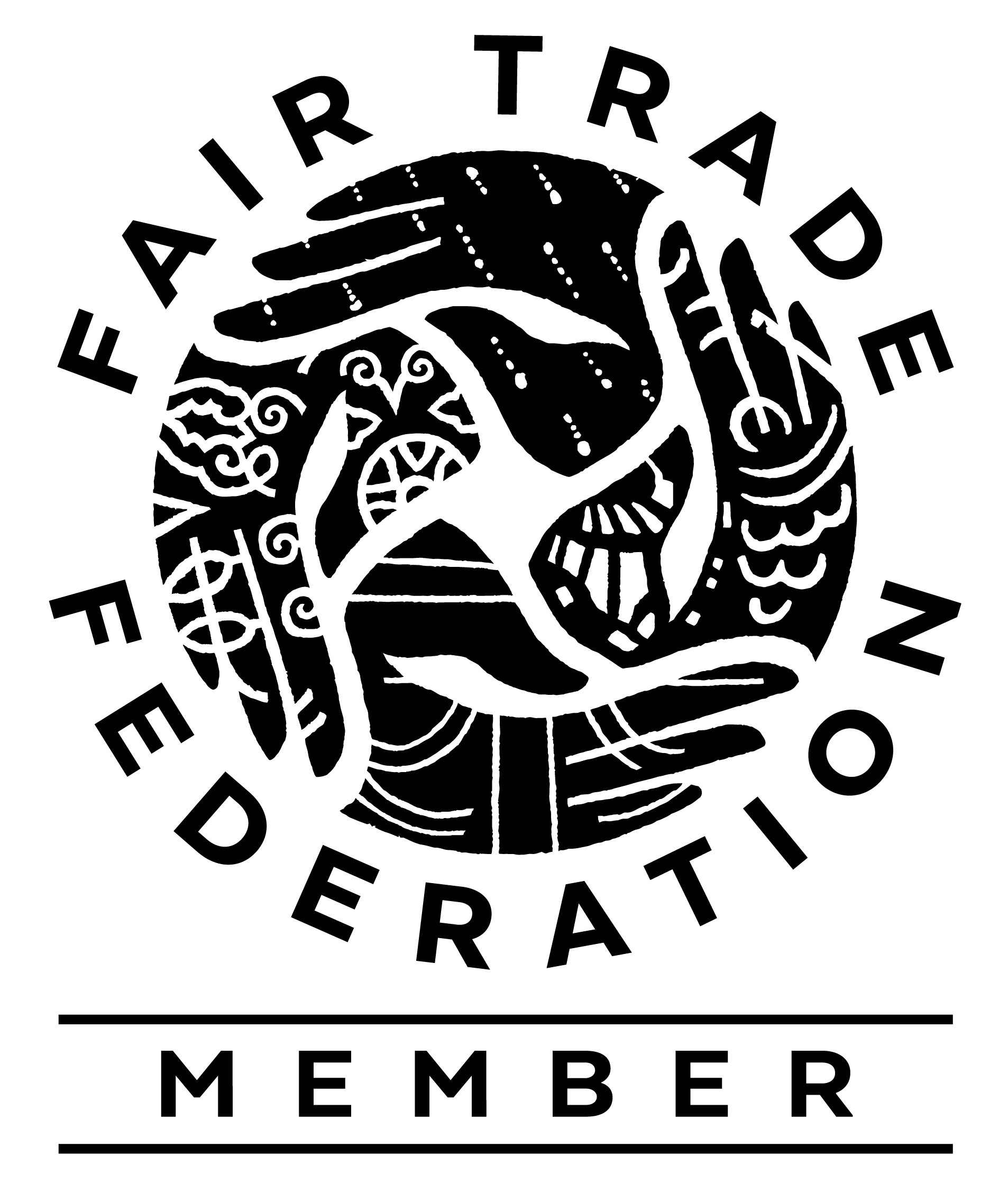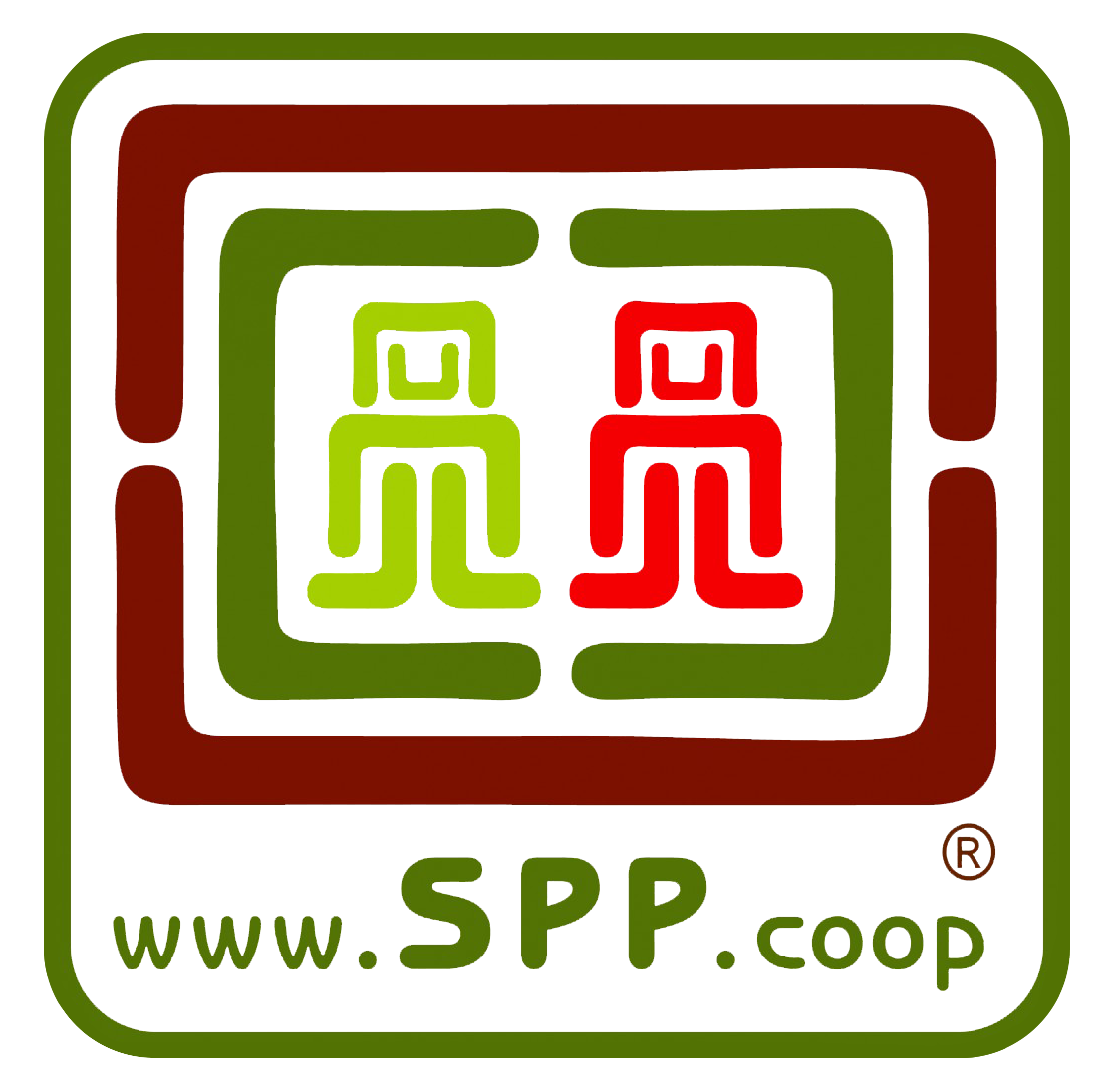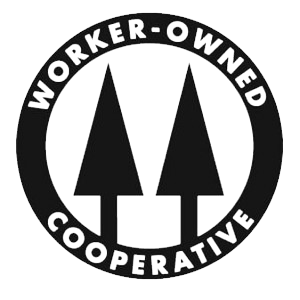
By Emily Ambrose, Organizer, Equal Exchange
Being new at Equal Exchange has been like returning to school. I am constantly learning the intricacies of building supply chains that support producers beyond what a “fair-trade” label could mean. What drew me to Equal Exchange was their unconventional worker-owned cooperative model, and the farmer partners who are supported to stay on their land and to have more bargaining power as small farmers collectively. Working in small-scale agriculture in the U.S. has exposed me to the realities and obstacles around land tenure, access, and security that prevent a lot of people from entering into agriculture and also staying in it.

My path in agriculture and food systems has led me to the organizing work with Equal Exchange that focuses on the issues and effects of consolidation on all parts of the supply chain. The effects of corporate consolidation and the take-over of majority of our food system not only hurts small farmers everywhere but independent food economies. It blinds us with numerous choices we are given as consumers and creates a deception of choice. I feel and live these changes in my life, see them in the news, and in the lives of others around me. I think about the number of small farmers I’ve worked with domestically and the number of small farmers all over the world who are under the control of the market and the monopolistic nature of corporations and agricultural conglomerates.
The idea of being a first generation young farmer to me, is a highly romanticized realization and reminder of just how many barriers do exist in our food system, on all levels. I can picture a world where solidarity amongst small farmers and their communities exists. It’s not something easy to envision, when we live in a globalized world with expansive amounts of inequality and inequity. We have producers and consumers who struggle at both ends to get paid and pay for food; and that gap is widening. The need to make alternative systems of exchange and cooperation between small farmers and consumers is more apparent than ever.
Over the next couple of weeks I will share a follow up piece that will focus on the current dairy crisis and the role of creating viable, equitable supply chains. I will share more on the state of dairy, from my perspective of having worked for small dairy farmers in the US, the concept of domestic fair trade, and local food economies in a globalized world.
Related Posts
Funding Sustainable Futures Through Beekeeping
Mexico is the world’s top exporter of avocados (Produce Blue Book, 2019). Geographic proximity…
03 January 2019COVID-19 and Peruvian Avocados: Growing Together Through Hardships
In this update from Eunice Jijon Jarquin and Alyssa Melendez, learn about Equal Exchange’…
03 January 2019






